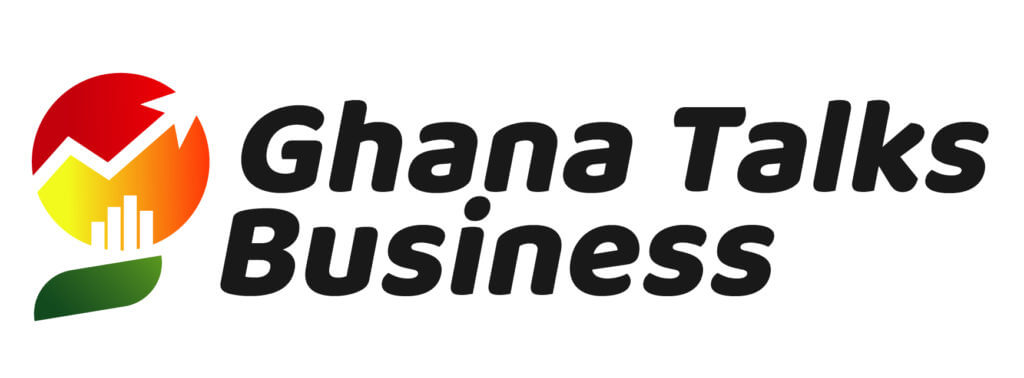In a news interview, the Chief Executive Officer of the Ghana Association of Bankers (GAB), Mr. John Awuah on the behalf of members of the association expressed his dissatisfaction with the proposed 5% tax on the gross profit of banks. He described the proposal as “shocking to banks” given that the industry was not consulted and had not fully recovered from the shock of the pandemic.
“There’s everything wrong with the tax and we are saying that it should not be approved; it should be reversed for us to revert to the negotiation table and see how we can, together, support the cause for which it was introduced,” John Awuah reiterated.
Financial sector clean-up tax
The 2021 budget statement presented by the Minister of Parliamentary Affairs and Majority Leader, Mr. Osei Kyei-Mensah-Bonsu, stated the financial sector clean-up exercise and the refund of money to depositors had restored investor confidence and protected the savings of millions of Ghanaians.
“However, this has come at a huge cost of over GH¢21 billion to the government.”
“Mr. Speaker, the government will, therefore, introduce a financial sector clean-up levy of five percent on profit-before-tax of banks to help defray outstanding commitments in the sector,” Osei Kyei-Mensah-Bonsu, further said.
According to the President of GAB, the tax was
“asking those in existence to pay for the sins of those collapsed, and that is not right”.
“If we are saying that the clean-up exercise made the sector resilient and sound, we agree, but are banks the only beneficiaries? Why are telecommunication, mining, and trading companies not also made to pay a part to defray the cost incurred?” John Awuah asked.
Expected Impact of financial sector clean-up tax on banks, businesses, and AfCFTA
John Awuah mentioned that the proposed tax is detrimental to the fight for banks to lead the economic recovery process through funding to businesses and households.
“Banks are coming out of the COVID-19 pandemic where we supported businesses and the country in monumental ways. We need to support the economic revival process and we are already doing that. We need to finance businesses to take advantage of AfCFTA or we will be taken advantage of and so now is not just the time to tax banks,” he said.
Given that Ghana’s interest rate is on the high side, the introduction of the tax may force banks to pass on the cost to consumers through the increment of the cost of financial services that banks provide like lending rates. This according to John Awuah will make it difficult for businesses to borrow and take advantage of the AfCFTA initiative hence rendering the economy uncompetitive for businesses.
ALSO READ: Meet the two Ghanaian companies taking the AfCFTA bull by the horn
“Already, our interest rate regime is one of the highest in the sub-region and businesses are complaining. If you add this tax, how do you expect businesses to borrow and be able to compete in the AfCFTA regime?” John Awuah asked.
He stated that should the tax take effect, the country’s local banking sector will be the most taxed in West Africa.





